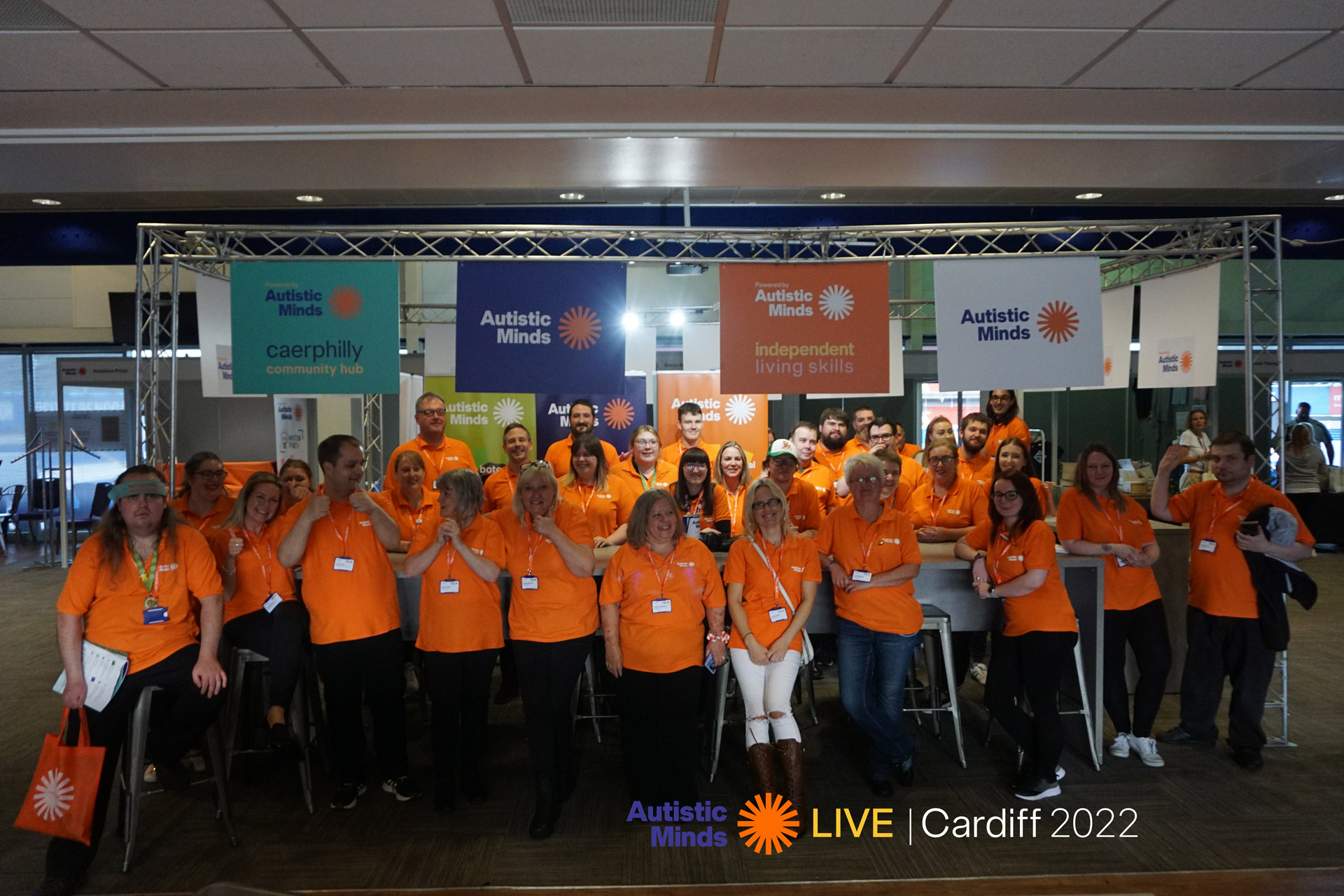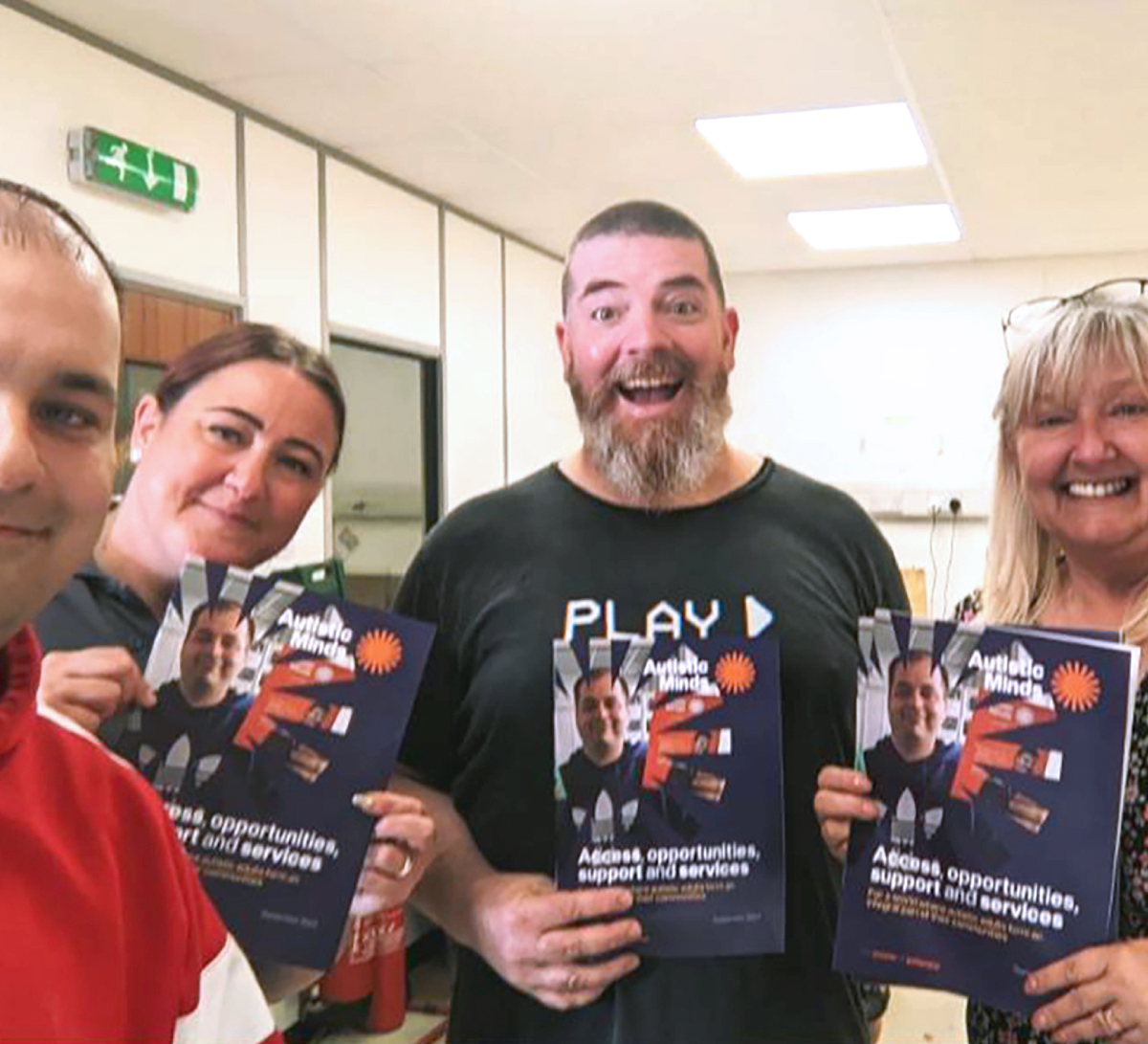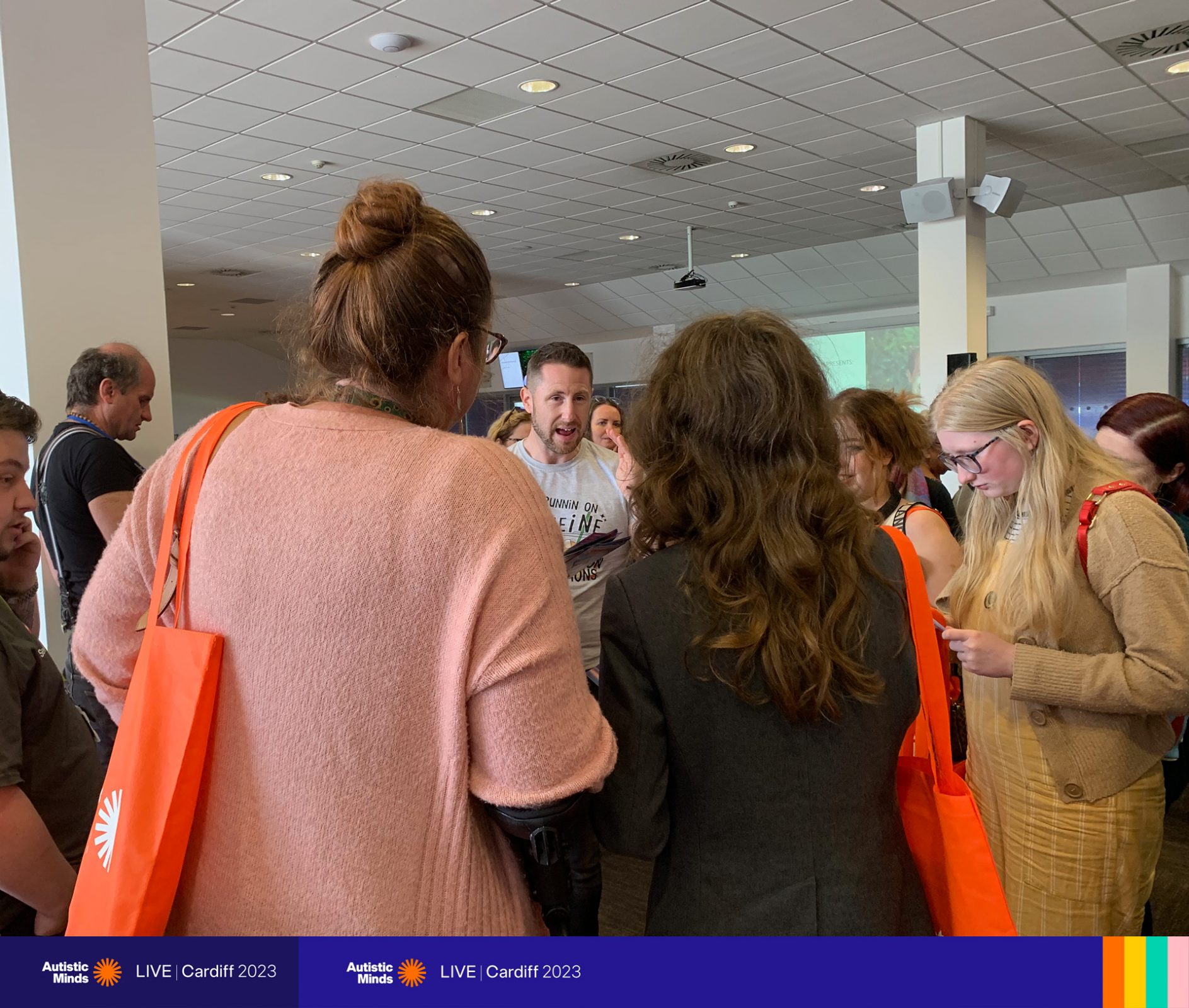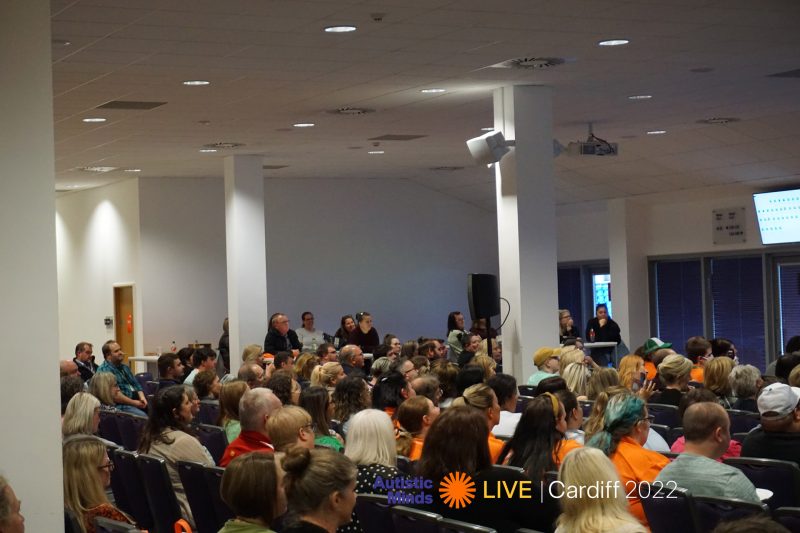Our vision is a world where autistic adults have equal access to opportunities, support and services, and form an integral part of their communities.
Our Mission
Meet Some of amazing guest speakers!
Visit Autistic Minds LIVE | Llandudno 2024!
get your FREE visitor tickets to the UK’s Premier free to attend show for the Autism Community. You can also get the option of an All Day pass to all seminars too!
Want to share your experience with us to others?
At Autistic Minds, we support the autistic community from all walks of life through our shared experiences. Our shared experiences matter because they are grounded in real life and relatable to others. If you feel that your experience with us has helped you in any way, please take a moment to share that with us by filling out a short form. Only with your consent will we use your feedback publicly. Thank you
TestimonialsLatest News

Run for Autistic Minds 2024!
Join the Autistic Minds Team and support us by running the Cardiff Half Marathon 2024
We have 10 slots for the Cardiff Half Marathon which takes place on the 6th October 2024 so if you are interested in taking one of those FREE slots please Contact us for more info

Check out Andrew's new podcast episode!
Check out the latest podcast for Autism Stories by our very own Andrew Moore!
Listen now!

There's still time for Autistic Minds LIVE Llandudno 2024
To Book a stand at the UK's Premier free to attend LIVE show for the autism community, please visit:
Reach a HUGE audience
If you would like to visit Autistic Minds LIVE 2024 at Llandudno in May please visit:
Register for FREE Tickets

Autistic Minds is now in its 11th year of supporting and celebrating the autistic community.
Our charity delivers a range of support, services and ventures across Wales, and a HelpHub that covers the UK.
We are incredibly proud that 80% of our team of 48 charity staff are autistic. We use our lived experience of autism to create powerful solutions and opportunities for the autistic community to build a better future for themselves
What we do
How we can help
Find out more about our range of support and services
Read MoreThe Autistic Minds Employment Programme
We help autistic adults move closer to employment
Read MoreContact us
Call us on 01443 844764 or use our contact form
Read More































 01443 844764
01443 844764